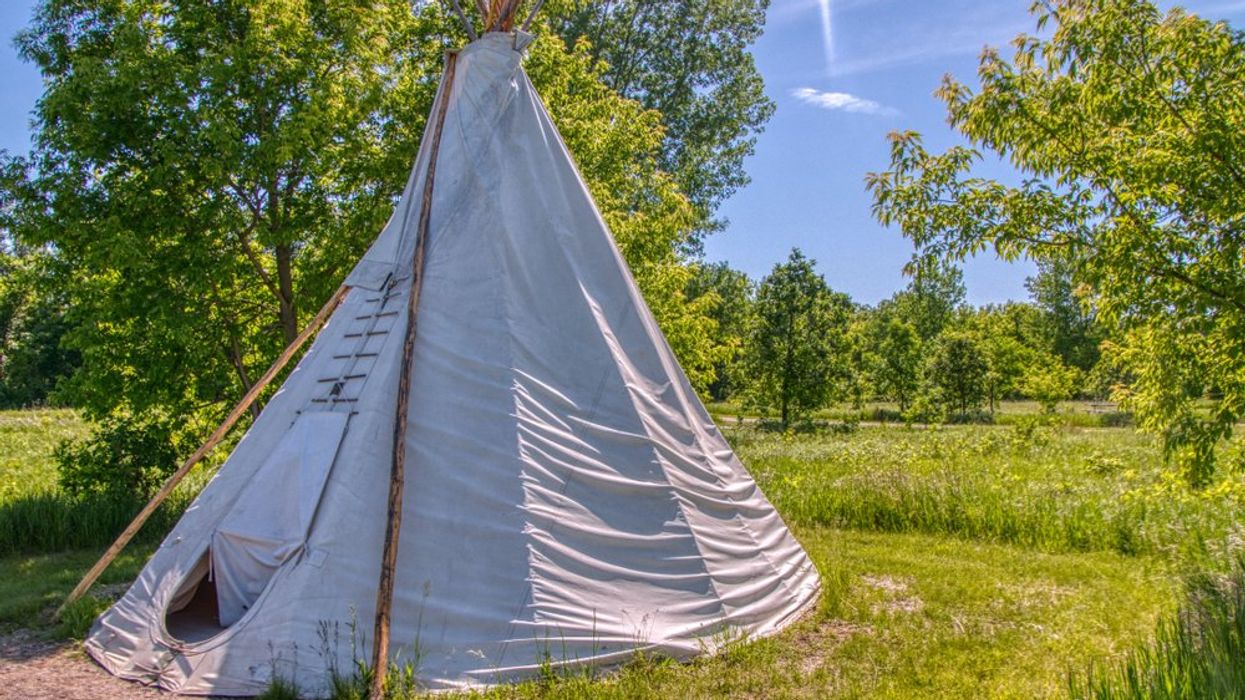In a rare move, Minnesota is transferring state park land back to an Indigenous tribe to make amends for the mass hanging of their people.
The Upper Sioux Agency State Park is located in southwestern Minnesota around two and a half hours from the Twin Cities. The park itself spans more than 2 square miles and holds the ruins of an Annuity Center, where supplies were withheld from Dakota people during the Dakota War of 1862.
The war was a result of decades of tension between settlers and a faction of the Dakota people boiling over, according to the Minnesota Historical Society, which began when the U.S. government moved the tribe from their homeland of Mni Sota Makoce to a reservation on either side of the Minnesota River.
The Dakota forces faced defeat at the Battle of Wood Lake, after which the United States nullified its treaties with the tribe, dissolved the reservations given to them, and publicly executed 38 Dakota men in Mankato — 110 miles from the state park — at the largest mass-hanging in the nation's history.
The transfer of land back to the tribe seeks to make reparations for the broken treaties and executions, and was finally authorized this year when Democrats took control of the Governor’s office, state House of Representatives, and state Senate.
This is the first time a national park will be transferred to a tribal nation, though there are some parks which are co-managed by tribes, such as the Canyon de Chelly National Monument in Arizona, Glacier Bay National Park and Preserve in Southeast Alaska, Grand Portage National Monument in northern Minnesota, and Big Cypress National Preserve in Florida, according to the U.S. Department of the Interior.
Over $6 million has been allocated to facilitate the transfer by 2033 including paying for appraisals, purchasing land with recreational opportunities, and demolishing roads and bridges.


















































